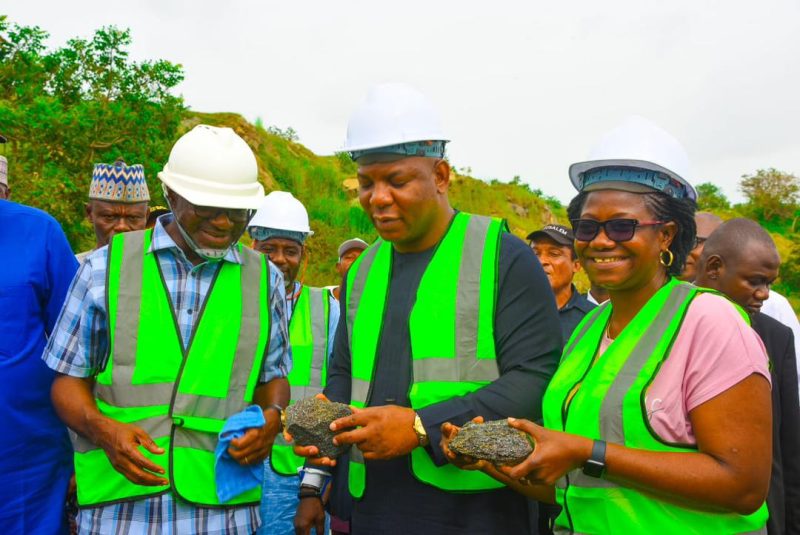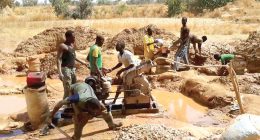Despite their potential to drive economic growth, Nigeria’s iron ore reserves, estimated at 3 billion tonnes, remain largely untapped.
The country’s iron ore deposits are found in Kogi, Enugu, and Niger states, with the majority located in Kogi.
The iron ore conundrum in Nigeria is multifaceted. On one hand, the country has significant reserves, but on the other hand, the industry faces numerous challenges. These include inadequate infrastructure, lack of investment, and a weak regulatory framework.

To harness its iron ore reserves for economic growth, Nigeria must address these challenges. Investing in infrastructure, such as railroads and ports, is crucial for transporting iron ore to steel plants and export markets.
Additionally, the government should provide incentives to attract investors and encourage private sector participation.
Developing the iron ore industry can have a significant impact on Nigeria’s economy. It can create jobs, stimulate local economies, and contribute to the country’s GDP. Furthermore, it can help reduce dependence on oil exports and diversify the economy.
The government has initiated efforts to develop the iron ore industry, including the establishment of the Nigerian Iron Ore Mining Company. However, more needs to be done to address the challenges facing the industry.
Harnessing the iron ore reserves in Nigeria can unlock its economic potential and achieve sustainable growth. It is time for the country to address the energy needs and iron ore conundrum by tapping into its vast mineral resources.











